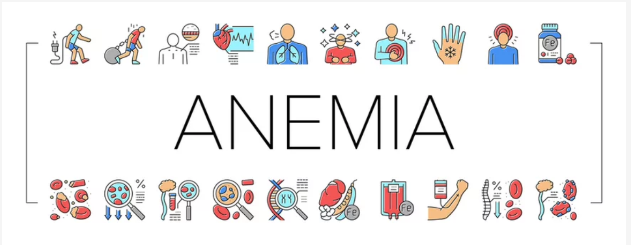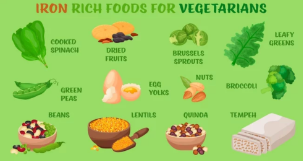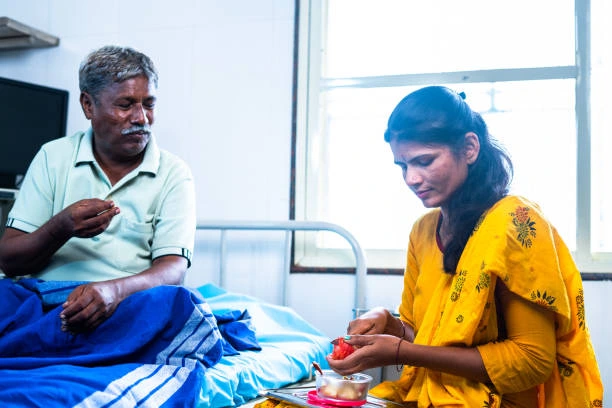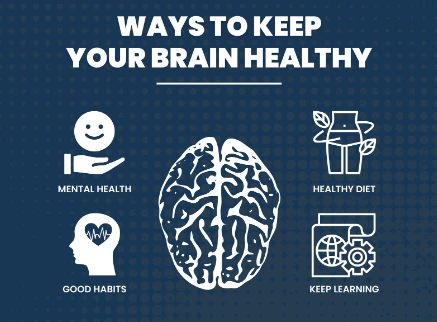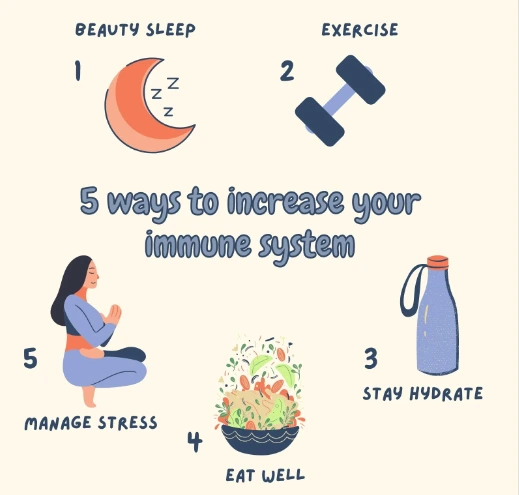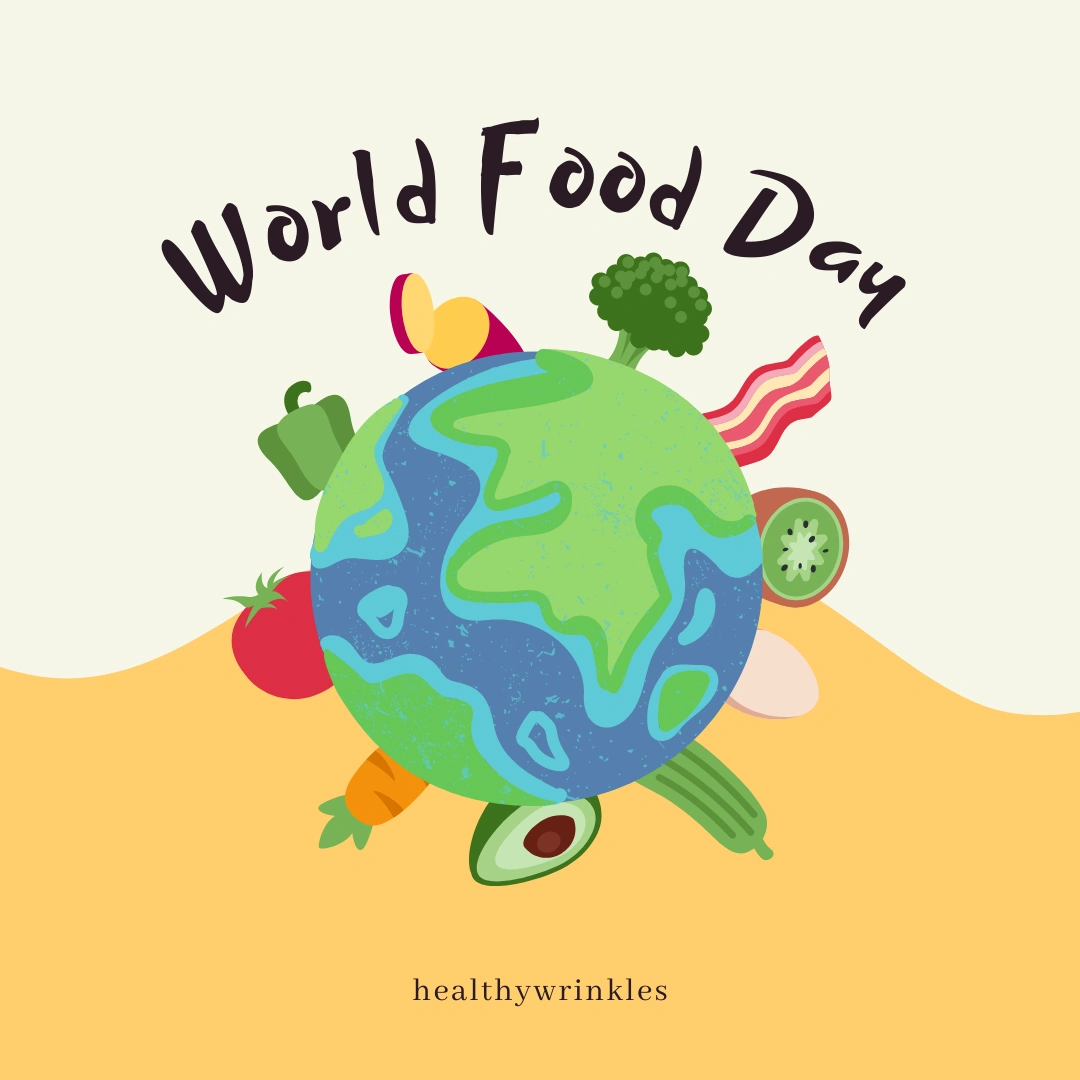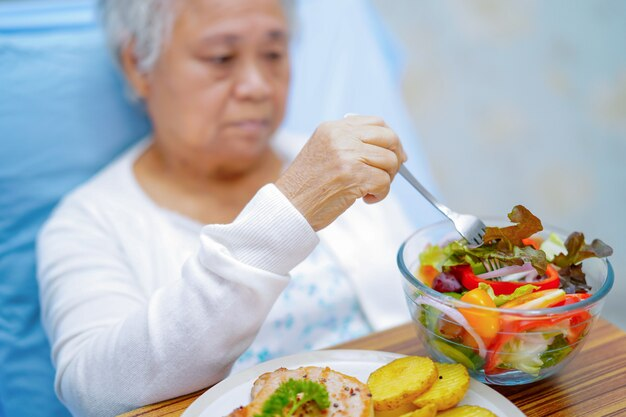Healthy Eating for Seniors Tips from a Nutritionist
26-09-24
As we age, maintaining a healthy diet becomes increasingly important to support our overall health and well-being. However, many seniors face unique challenges when it comes to healthy eating, such as difficulty chewing or swallowing, limited mobility, and chronic health conditions. Healthywrinkles has a long and one of the best lists of nutritionists in Pune. o help seniors stay on track with their nutrition goals, our experts shared some tips for healthy eating. Here are a few of them:
Focus on nutrient-dense foods
As we age, our nutrient needs change, and we require fewer calories but more essential nutrients like vitamins, minerals, and fiber. Nutritionists advise seniors to focus on nutrient-dense foods, such as fruits, vegetables, whole grains, lean proteins, and low-fat dairy products. These foods not only provide vital nutrients but also help to maintain a healthy weight.
Here is a curated playlist on diet and nutrition for seniors from our nutrition experts.
Stay hydrated
Many seniors struggle with dehydration, which can lead to several health problems like urinary tract infections, constipation, and confusion. To prevent dehydration, it's essential to drink enough fluids, especially water. Seniors should aim to drink at least 8-10 cups of fluids per day, including water, tea, coffee, and soup.
Limit sodium intake
As we age, our bodies become more sensitive to sodium, which can lead to high blood pressure and other health problems. Seniors should limit their sodium intake to less than 2,300 milligrams per day, which is about one teaspoon of salt. To reduce sodium intake, nutritionists suggest seniors to avoid processed and canned foods, which are typically high in sodium, and instead opt for fresh or frozen fruits and vegetables.
Choose healthy fats
Not all fats are created equal. While saturated and trans fats can increase the risk of heart disease and other health problems, healthy fats like omega-3s can support heart health and brain function. Seniors should choose healthy fats from sources like fatty fish, nuts, seeds, and olive oil, and limit their intake of unhealthy fats from sources like red meat and fried foods.
Make mealtime social
Eating alone can contribute to feelings of isolation and depression, which are common in seniors. Nutritionists recommend seniors to make mealtime social by inviting friends or family members over for meals or joining a community meal program. Eating with others can also promote healthy eating habits, as it encourages seniors to cook and share nutritious meals.
Seek help if needed
Many seniors struggle with preparing meals due to physical limitations or mobility issues. Watch this amazing video on fall prevention rom Dr. Prem.
In such cases, it's important to seek help from family members, friends, or community resources like Meals on Wheels. Seniors can also consider hiring a personal chef or using meal delivery services that offer healthy and nutritious meals.
In conclusion, maintaining a healthy diet is essential for seniors to support their overall health and well-being. By focusing on nutrient-dense foods, staying hydrated, limiting sodium intake, choosing healthy fats, making mealtime social, and seeking help if needed, seniors can stay on track with their nutrition goals and enjoy a healthier and happier life.
